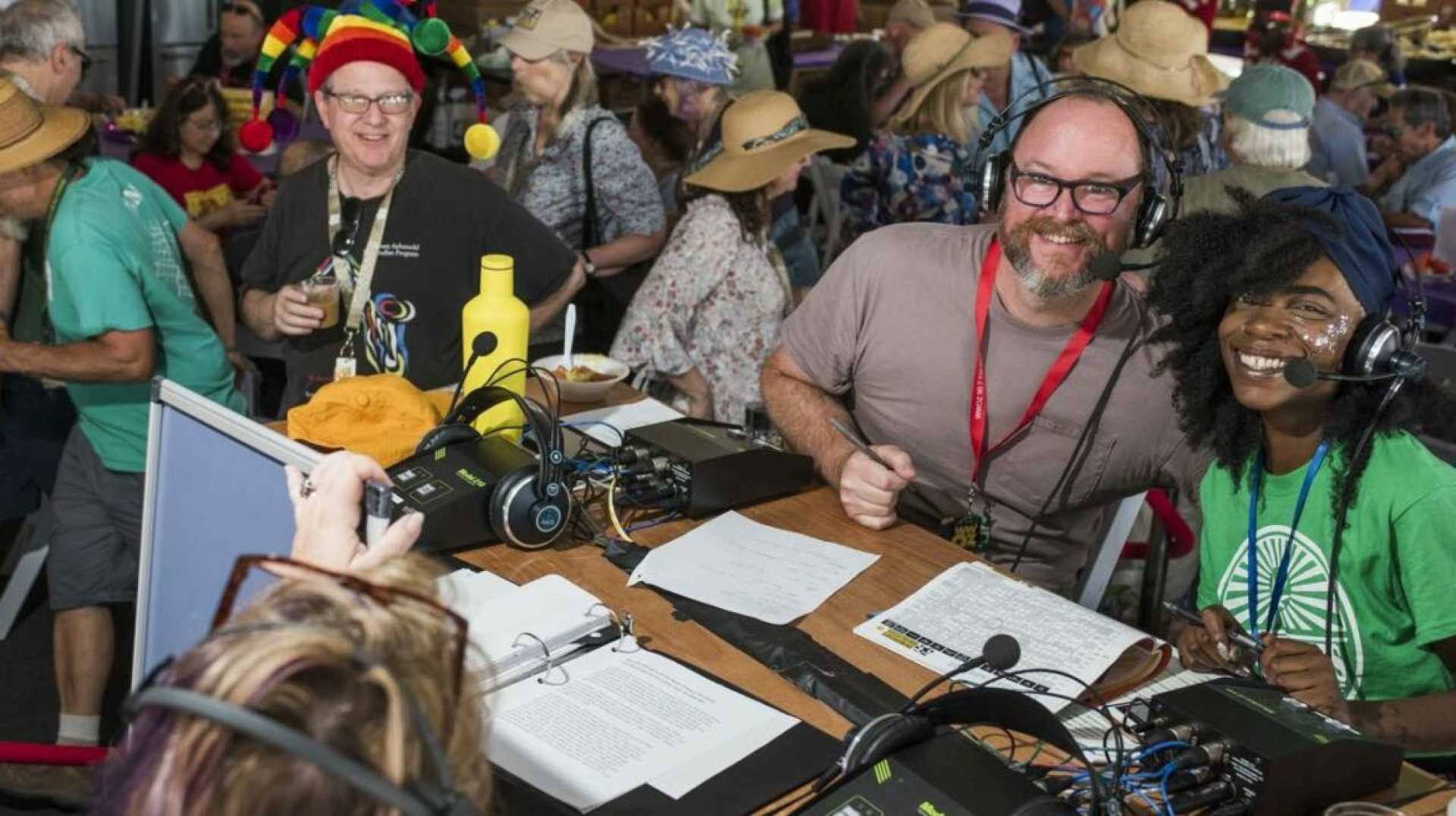Opinion
Rethinking Civic Engagement: Community Radio and Social Capital

It’s back-to-school time, a reminder of days spent nurturing dialogue and learning as a university professor and a founding faculty member of Bay Path University‘s nonprofit management program. This period, traditionally filled with the anticipation of obtaining new planners and notebooks, marks more than an academic cycle; it is a moment for reflection on the complex intersections of civic engagement and social capital in our communities.
Recently, I participated in a webinar focusing on the role of public media in enhancing civic engagement, inspired by Robert Putnam’s evaluations in “Bowling Alone,” and the emerging dialogues facilitated by a documentary encouraging club membership for social connectivity. Despite being thought-provoking, I’ve often found Putnam’s interpretations overly simplistic, especially in how they fail to address the nuanced realities of diverse communities, including women and BIPOC populations, in fostering social capital.
Putnam’s thesis suggests a decline in American social capital since the 1950s, primarily attributing this decrease to dwindling community involvement in activities like bowling leagues. However, he overlooks the distinct ways racial and ethnic groups contribute to social capital through avenues like religious and cultural institutions. Moreover, the expanded participation of Gen X and Gen Y women in the workforce has opened non-traditional avenues for community involvement, illustrating more dynamic forms of engagement than those measured in Putnam’s framework.
In contrast, the nonprofit sector, now encompassing nearly 2 million organizations, stands as a testament to evolved civic life, cultivating social capital through organized, issue-centric participation. This expansion marks a shift from localized connections to expansive, digital networks that align with current socio-economic conditions.
The National Federation of Community Broadcasters (NFCB), serving as a linchpin in this re-imagined civic framework, manages a vast network of community radio stations powered by volunteerism. These stations, deeply rooted in localized engagement, emphasize service and public involvement, hallmarks of the community radio philosophy differing significantly from public radio norms. Exemplified by stations like WTJU in Charlottesville, many are run by a dedicated volunteer workforce, reflecting community radio’s commitment to local content and service.
Moreover, community radio’s role within the civic information ecosystem is amplified through collaborations, such as the NFCB’s partnership with the Listening Post Collective, which seeks to enhance equitable civic information infrastructures nationwide. These initiatives recognize the contributions of historically marginalized voices, emphasizing an asset-framing model over deficit-based perspectives.
Discussions about civic life must consider frameworks that exceed binary notions of decline and revival, embracing diverse lived experiences across communities. Civic participation, navigated through platforms like community radio, is rapidly adapting to contemporary needs, necessitating a reevaluation of metrics to better reflect realities shaped by varied generational and racial experiences.
NFCB CEO A. Rima Dael, leveraging over three decades in nonprofit management across public media and education, calls for a broader understanding of civic engagement, through inclusive dialogues that recognize the evolving landscape of social connectivity in our society.












